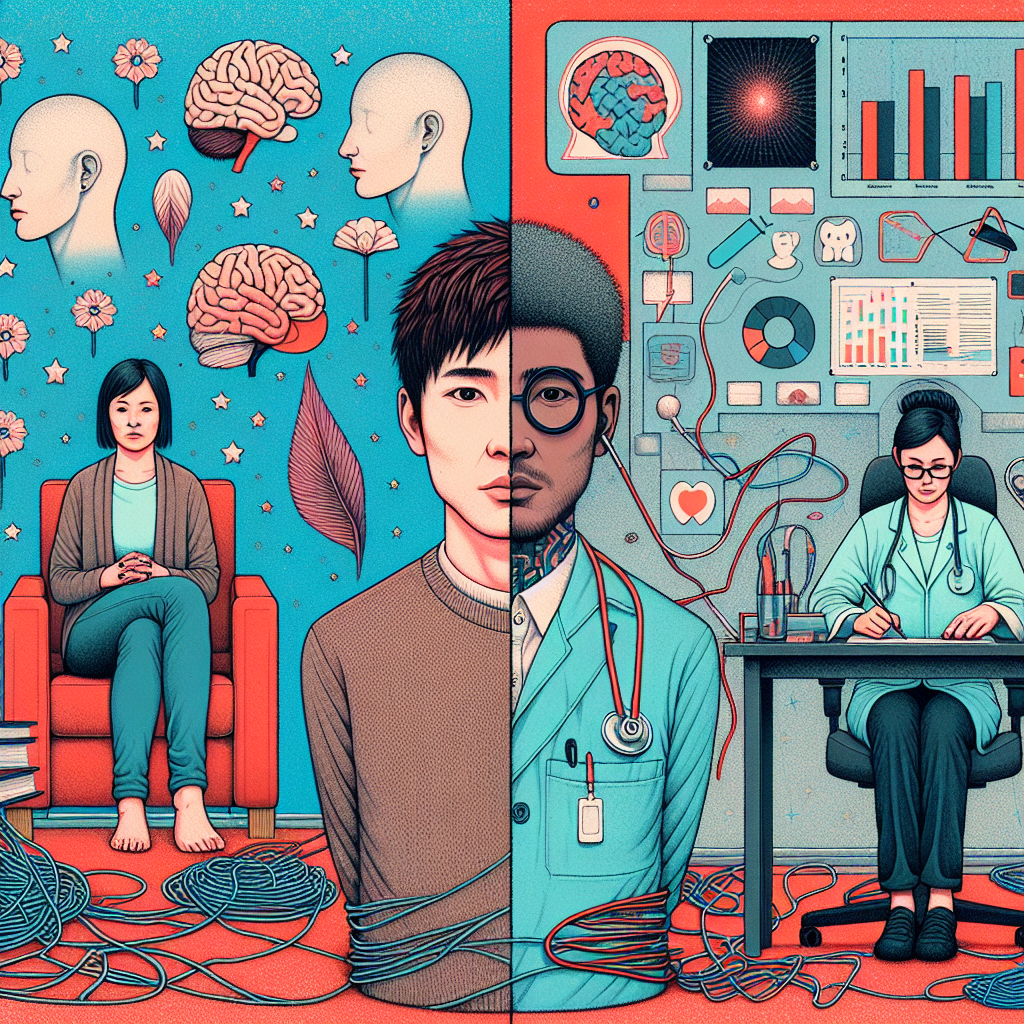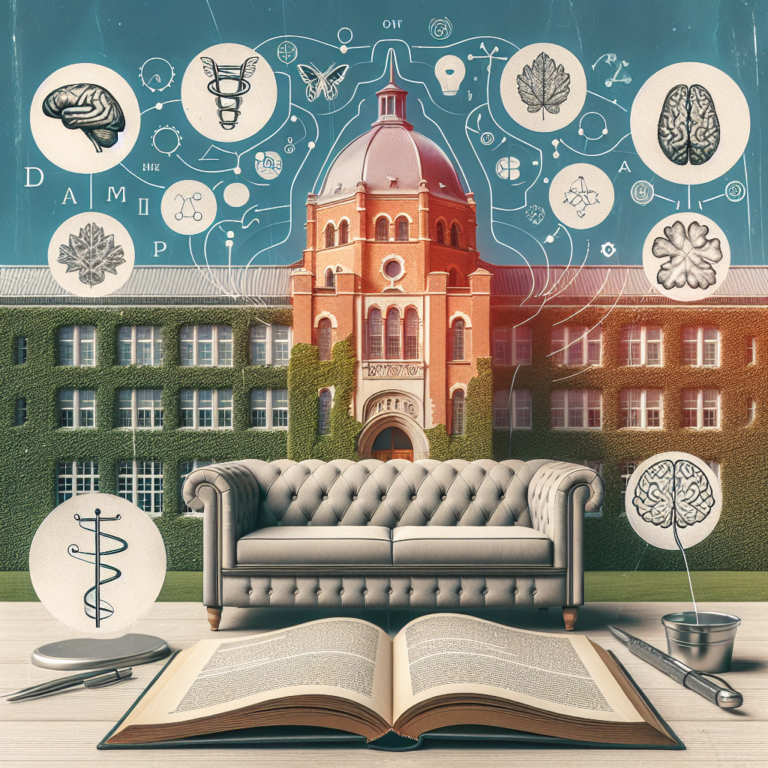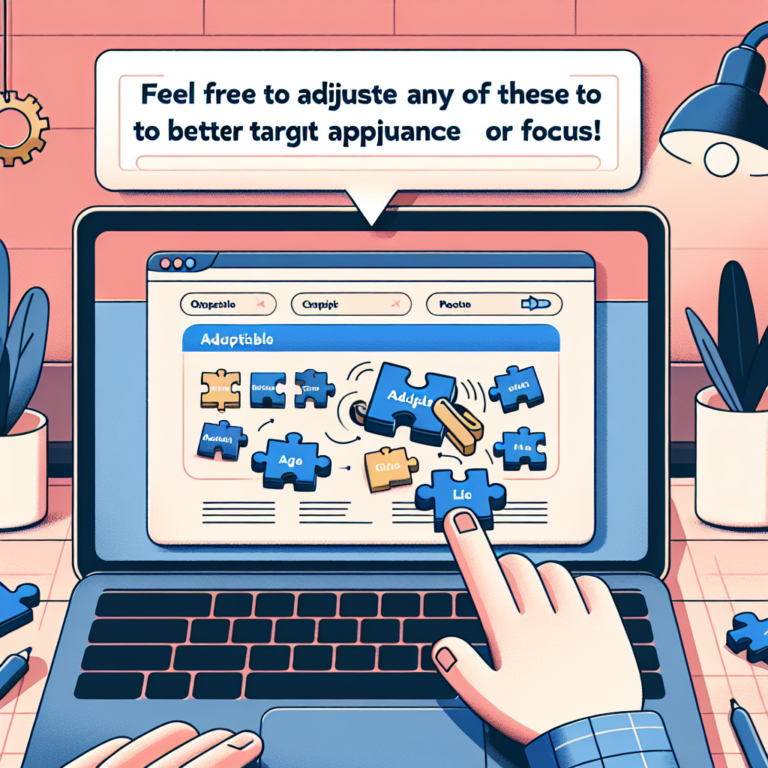
Introduction: Understanding the Importance of Mental Health Care
In an era where mental health awareness is at an all-time high, understanding the nuances between different types of mental health professionals is crucial.
The Crucial Distinctions: When to See a Therapist vs. a Psychologist can make a significant impact on your journey toward healing. Many people struggle to decide which type of mental health professional to approach for help. Are you facing short-term challenges that require practical advice, or do you need a deeper exploration of your psyche?
These distinctions can inform your path and lead to the most effective treatment for your needs. In this comprehensive guide, we will explore the differences between therapists and psychologists, when it’s best to see one over the other, and how to make an informed choice that suits your circumstances.
Understanding the Roles: Therapist vs. Psychologist
What is a Therapist?
The term “therapist” is often used as a broad label for professionals who are trained to provide mental health services. Therapists can include social workers, marriage and family therapists, mental health counselors, and more. Their main goal is to help individuals navigate emotional struggles and improve their coping skills.
Characteristics of a Therapist:
- Approachability: Therapists often cultivate a warm and inviting environment.
- Practical Focus: Many therapists implement techniques aimed at immediate behavioral changes.
What is a Psychologist?
Psychologists, on the other hand, typically hold a doctoral degree in psychology and are trained in psychological assessment, diagnosis, and extensive therapeutic modalities. They often focus on deeper psychological issues and employ various evidence-based techniques to address emotional and cognitive concerns.
Characteristics of a Psychologist:
- Expertise: They specialize in understanding complex mental processes.
- Diagnosis: Psychologists can diagnose mental health disorders and conduct psychological testing.
When to See a Therapist
Case Study 1: Sarah’s Journey to Coping Skills
Context: Sarah, a 28-year-old professional, had been feeling overwhelmed by work-life stress and relationship challenges.
Action Taken: Sarah chose to see a therapist.
Reason: The therapist helped Sarah develop practical coping skills, focusing on stress management techniques and improving her communication in relationships.
Analysis: In Sarah’s case, the therapist addresses immediate emotional struggles and develops practical strategies for coping, showcasing the ideal situation in which to consult a therapist.
When to See a Psychologist
Case Study 2: Mark’s Experience with Anxiety
Context: Mark, a 35-year-old dealing with chronic anxiety, found that his daily life was severely impacted by obsessive thoughts and emotional distress.
Action Taken: He sought help from a psychologist.
Reason: The psychologist employed cognitive-behavioral therapy (CBT) to identify and interrupt Mark’s dysfunctional thought patterns.
Analysis: Mark’s situation is an excellent example of when seeing a psychologist is beneficial. The psychologist’s specialized training allowed for a thorough assessment and targeted intervention, crucial for managing his complex anxiety disorder.
Key Differences between Therapists and Psychologists
To simplify these distinctions visually, here’s a comparison table:
| Aspect | Therapist | Psychologist |
|---|---|---|
| Education Level | Master’s or Doctorate | Doctorate in Psychology |
| Focus | Practical coping skills | Psychological assessments |
| Treatment Methods | Talk therapy, counseling | Variability of modalities |
| Scope of Practice | More general mental health | Diagnosis and specialized treatment |
| Duration of Care | Short-term, occasional visits | Long-term management possible |
Signs You Should Consider Seeing a Therapist
If you experience any of the following, a therapist may be your best initial step:
- Short-term stressors: job-related stress, relationship issues
- Need for coping strategies or emotional support
- Situational depression or anxiety that can benefit from counseling
Case Study 3: Emma’s Brief Therapy Experience
Context: Emma was feeling a bit lost after moving to a new city.
Action Taken: She visited a therapist.
Reason: The therapist offered support during a transitional period, helping her engage with her new community.
Signs You Should Consider Seeing a Psychologist
Conversely, consider seeking a psychologist if:
- You have symptoms of a mental health disorder
- You require a formal diagnosis
- You’ve experienced traumatic events that impact your decisions and thoughts
Case Study 4: Jason’s Battle with PTSD
Context: After returning from military service, Jason suffered from severe PTSD.
Action Taken: He turned to a psychologist for care.
Reason: The psychologist utilized specialized treatment methods to deal with his trauma effectively.
Making Your Decision: Things to Consider
When contemplating whether to see a therapist or a psychologist, ask yourself:
- What are my primary concerns? List down your symptoms and challenges.
- Is a diagnosis necessary? If so, a psychologist may be the answer.
- What do I hope to achieve? Set realistic goals for your mental health journey.
Table: Questions to Ask Yourself
| Questions | Therapist | Psychologist |
|---|---|---|
| Do I need immediate coping skills? | Yes | Sometimes |
| Is diagnosis crucial for recovery? | No | Yes |
| Am I looking for long-term management? | Sometimes | Yes |
Conclusion: Empowering Your Mental Health Journey
Understanding The Crucial Distinctions: When to See a Therapist vs. a Psychologist is the first step toward healing. Whether you need immediate coping skills and support or a thorough, diagnostic approach to mental health, knowing who to consult can enhance your treatment experience.
Take a moment for self-reflection. Research your options and don’t hesitate to reach out for help. Mental health care is not only about solving problems but also about discovering yourself and improving your quality of life.
Remember, both therapists and psychologists have unique benefits that can significantly contribute to your mental health. It’s all about finding the right fit for your individual circumstances.
FAQs
1. What qualifications should I look for in a therapist or psychologist?
Look for licensed professionals with appropriate degrees (Master’s for therapists and Doctorate for psychologists) and relevant endorsements in your area of need.
2. Can a therapist diagnose mental health conditions?
Generally, therapists are not equipped to provide formal diagnoses. It’s best to consult a psychologist for this.
3. How long are the sessions typically?
Both therapists and psychologists generally offer 50 to 60-minute sessions, though this can vary based on treatment methods and needs.
4. Can I switch from a therapist to a psychologist if needed?
Yes, it’s common for individuals to switch professionals as their needs evolve. Open communication with both parties is essential.
5. How do I find the right therapist or psychologist?
Research local professionals, read reviews, ask for referrals, and consider consultations to find the right fit for your needs.
By understanding the crucial distinctions between seeing a therapist and a psychologist, you are empowering yourself on your journey toward improved mental health. Choose wisely, and take that step forward!

















